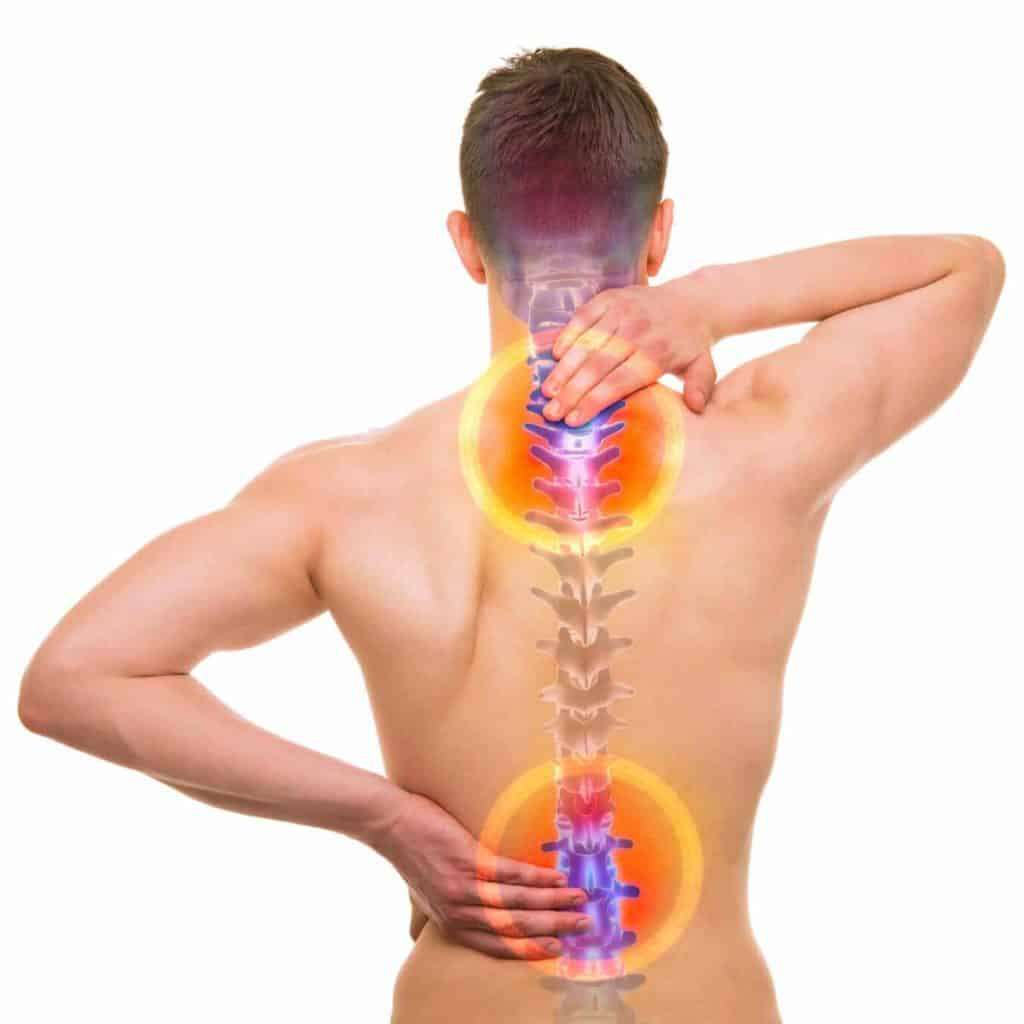Huntington’s disease is a progressive neurological disease that attacks the nerve cells in the brain, causing symptoms like cognitive behavioral changes. Once the symptoms of Huntington’s disease begin, people can expect to live up to 18 years (although some do live a lot longer). It’s a very unpleasant disease and the medical community has worked hard to find a cure, although there is not one as of yet. However, there are viable treatment options, and stem cell therapy may be one of them. Learn about Huntington’s disease and stem cells’ role in treating it here at BioXcellerator.
All About Huntington’s Disease
Huntington’s disease is hereditary, meaning it gets passed down from parent to child, with parents having a 50% chance of passing it down to their children. It is unfortunately a fatal disease, with patients typically not living past twenty years after the first symptoms occur. The symptoms typically first start in adults aged between 30 and 50 years old, but it can affect those younger and older, too.
Huntington’s disease is caused by a faulty gene within the brain – the more time passes, the more damage occurs, leading to progressively worse symptoms. These are the most common symptoms:
- Memory Issues
- Trouble Concentrating
- Mood Problems
- Difficulty with Breathing, Swallowing, and Speaking
- Movement Difficulties
- Involuntary Jerking
- Stumbling
- General Clumsiness
- Changes to Personality
These symptoms are very challenging to live with. As they get worse, people with Huntington’s disease typically require the help of a full-time care nurse.
All About Stem Cell Therapy
Stem cell therapy is a type of medical procedure that stimulates the repair response within the body. Stem cells are the key here, as they are naturally occurring cells that can repair and regenerate damaged tissue while also reducing inflammation. As a result, they can heal a wide variety of ailments, including injuries, neurological conditions, and much more. The process is pretty simple – it begins with harvesting the stem cells from the body (often from the bone marrow or umbilical cord tissue) and then using these harvested stem cells in a later treatment, sometimes after being modified in a cell lab. Once administered into the problem site via injection, the person can begin to heal.
Learn More: What Are Stem Cells?
Can Stem Cells Improve Huntington’s Disease?
Yes, stem cell treatments can help people with Huntington’s disease. There have been many advances in stem cell therapies for Huntington’s disease in recent years showing that stem cells can help repair and regenerate damaged brain tissue. It’s all about reversing the cell death in the brain. As a result, stem cell therapy can slow down the progression of the disease and help people live a higher quality of life.
It’s worth noting that research is still ongoing, and more findings are necessary to unlock all the potential of stem cells. However, many HD patients have already undergone stem cell treatments and enjoyed a lot of success with it.
The Process
Here’s the process to expect from stem cell therapy for Huntington’s disease:
-
Patient Evaluation
Before treatment can begin, you’ll need to have a patient evaluation. That will involve a doctor taking your medical history and performing necessary medical exams to see whether you’d be a good candidate for the procedure.
-
Harvesting the Stem Cells
Before you can have the stem cells injected, the cells must first be harvested. There are different stem cells that can be used to treat Huntington’s disease, including neural stem cells. Generally, mesenchymal stem cells (adult stem cells) work well. The harvesting can either be taken from your own body – which will happen under local anesthetic with a needle – or, you will receive a donor of stem cells.
-
The Stem Cell Injections
The treatment then involves a set of injections that have stem cells inside. The number of injections you receive varies depending on your case – it could be three injections given separately over a period of time.
-
Follow Ups and Recovery
Following the injections, you will go through a period of recovery. How long it lasts depends on your condition and how many injections you receive, but stem cell therapy typically doesn’t lead to a long recovery. You’ll also receive follow-up appointments so the stem cell doctor can monitor your healing and check to see if there have been any adverse reactions.
Should You Get Stem Cell Therapy for Huntington’s Disease?
You now know stem cells can improve Huntington’s disease, but does that mean you should pursue the treatment? If you have the Huntington gene and have already started developing symptoms, stem cell therapy may be able to repair and regenerate brain cells and, in turn, slow the progression of the disease. It’s not a cure, but it is an excellent treatment option that you should consider. Speak to your doctor if you are unsure whether it’s right for you, or contact our helpful team of experts.
Choosing the Right Clinic for Stem Cell Therapy
If you choose to get stem cell therapy for Huntington’s disease, always prioritize choosing the right clinic. That means picking a clinic with a good track record – one with many years of experience in the industry is beneficial. You can also specifically choose ones that have high-quality facilities and well-trained doctors who have already performed stem cell therapy specifically for Huntington’s. While stem cell therapy cost may play into your decision, it’s always important to choose quality – when it comes to medical treatments and your health, you cannot compromise.
Learn More: What Are Stem Cell Injections?
Can Stem Cells Improve Huntington’s Disease? Final Thoughts
While more research will be performed into the effectiveness of stem cell therapy for Huntington’s disease, we can say right now that it’s definitely a beneficial treatment. Being able to slow the progression of a disease down with regenerative medicine is incredible, and that’s precisely what stem cell therapy offers.
Do you have Huntington’s disease and want a solution to minimize symptoms and slow progression? Stem cell therapy may be your best route forward. At BioXcellerator, we have an expert team on hand to assist you, whether you have questions or want to book a consultation.


